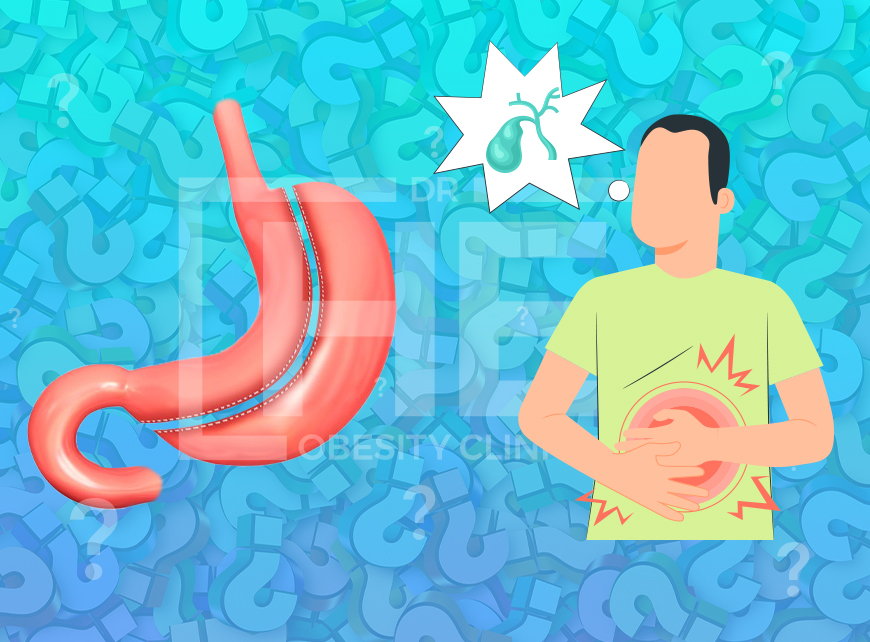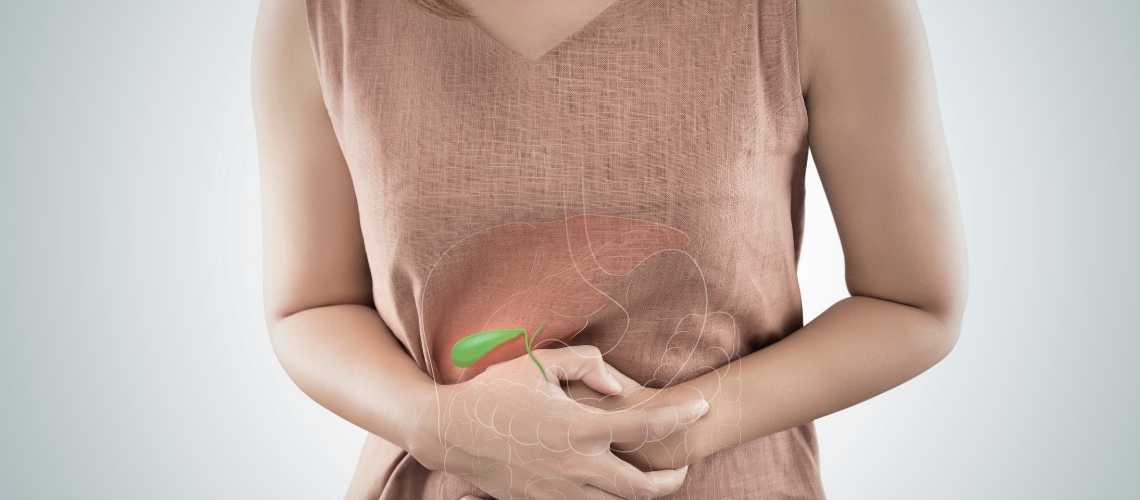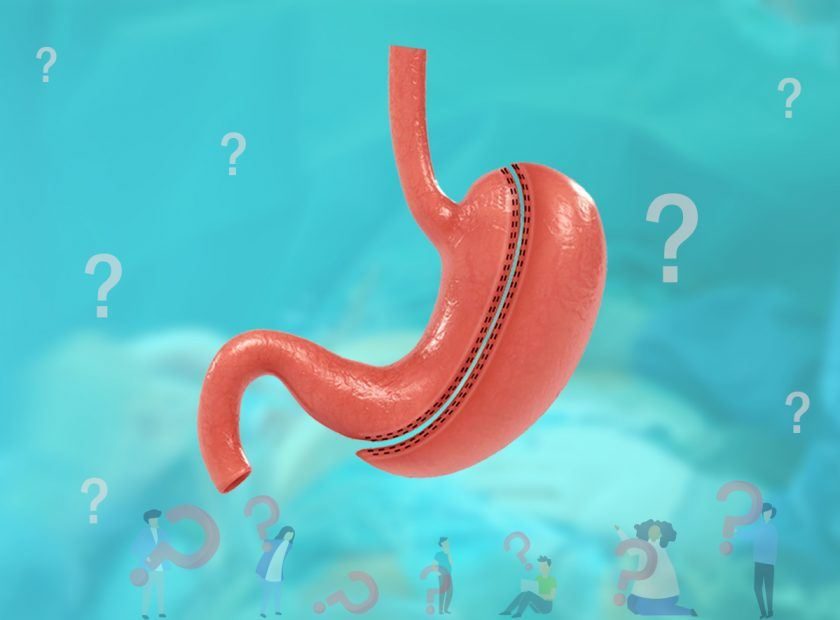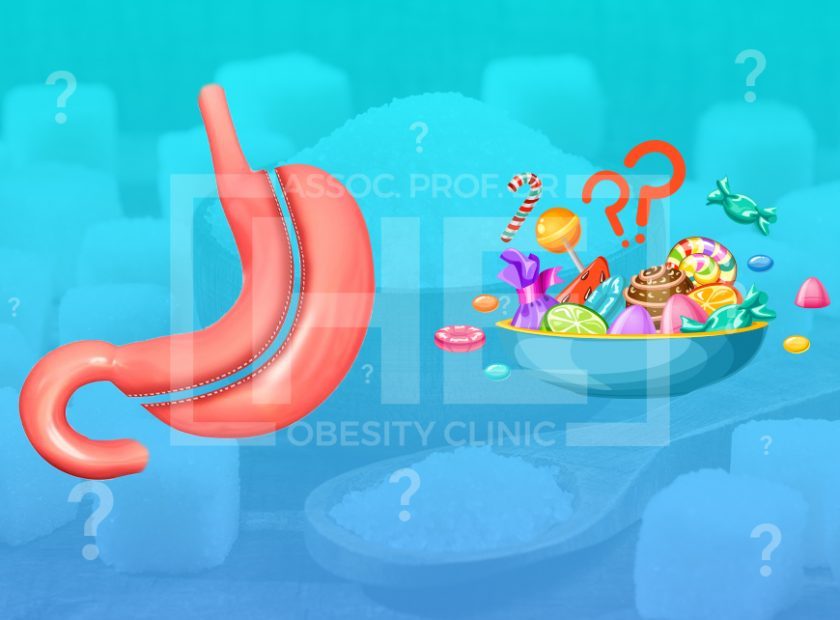
How can I avoid gallbladder problems after gastric sleeve? You can try a variety of methods to lower your risk of gallbladder troubles following weight reduction surgery in order to avoid gallbladder problems after a gastric sleeve. This involves eating more healthy fats and supplementing with herbs that help your liver/gallbladder.
For example, healthy fats. It may appear strange to propose a higher-fat diet after weight reduction surgery because many people believe in the concept of a low-fat diet for weight loss. This type of diet, nonetheless, has been shown to be effective in preventing gallstones. It is also worth noting that fats come in a variety of forms.
Thus, it can be said that you should try to eat a source of fat with each meal to get your gallbladder working. These include nuts and seeds, avocados, lean protein, salmon, soymilk, and a teaspoon of olive oil.
Looking to supplement using omega-3 fats may be beneficial, as it has been demonstrated to prevent gallstone formation in obese women who are losing weight quickly.
On the other hand, to avoid gallbladder after a gastric sleeve operation, you may try to include some helpful herbs and spices in your diet. Turmeric, for example! This has long been in medicinal herbs as a liver defender and to encourage the discharge of accumulated bile salts due to its anti-inflammatory qualities.
Turmeric, together with capsicum (the active component of red pepper), mustard, garlic, and onion, has been shown in animal models to inhibit the formation of cholesterol gallstones.
You might also try dandelion root. Proven to be the most important plant for gallstones. Dandelion root helps to improve liver and gallbladder function by diluting bile and preventing stone formation.
It reduces inflammation and has been demonstrated in animal tests to enhance lipid (fat) profiles when fed a high-cholesterol diet. Dandelion root can be found in a liver/gallbladder formula and is available as an herbal tea. It has a wonderful mild bitter flavor that works well as a substitute for coffee.
To summarize, the risk of having gallstones after weight loss surgery is high. Obesity increases your risk because it reduces the amount of bile salts in your bile, which leads to the formation of stones. A high fat, low-fiber diet contributes to this.
When this is combined with rapid weight loss the danger skyrockets. A third of those who have weight loss surgery will need gallbladder surgery, which is a very alarming figure.
Furthermore, while there have been no research on this herb’s effect on gallstones, there have been several that claim positive results on bile composition, cholesterol lowering, and bile release. Therefore, you may try these ingredients to avoid from gallbladder problems.
What Causes Gallbladder Problems After Gastric Sleeve?
What causes gallbladder problems after gastric sleeve? is a question that many patients ask after their gastric sleeve surgery.
While the gallbladder can be a lifelong problem, there are some measures patients can take to prevent it from becoming an issue. Below are a few of these measures. All of these steps can help to ensure a gallbladder free of obstruction.
The most common way to prevent gallbladder problems after gastric resection surgery is to follow a healthy diet. This diet should be rich in plant-based proteins, fruits, vegetables, lean meat, and fiber. A gallbladder-friendly diet can help prevent the development of chronic diseases and prevent attacks from occurring.
Drink plenty of water to keep your bile flowing and avoid gallstone-related problems. If your symptoms persist after diet modifications, contact your doctor as any stomach pain can be an indicator of a serious health issue.
Another warning sign of gallbladder problems after gastric resection is abdominal pain that does not subside, even after taking a pain reliever.
This pain is not as severe as abdominal pain and may be mistaken for heartburn, acid reflux, or an upset stomach. However, if it persists for more than an hour, this is a cause for concern.
If you are experiencing symptoms after surgery, it’s important to consult a medical professional as the treatment for gallbladder issues depends on the severity of the condition.
Many cases of gallbladder problems after gastric sleeve are completely treatable by a surgeon. The risk of gallstones is the same as for people who have other gastrointestinal conditions, and you can take steps to minimize the risk by ensuring that your doctor understands the condition.
Should I Remove My Gallbladder with Gastric Sleeve?
Depending on the circumstances of each patient, the gallbladder may or may not be removed in addition to gastric sleeve surgery. Except in cases of gallbladder disease, the gallbladder is not always removed during gastric sleeve surgery. Therefore, it’s crucial to have a thorough conversation with the surgeon about the advantages and disadvantages of having both surgeries at the same time. Before making a recommendation, the surgeon will take the patient’s overall health, medical history, and potential complications into account.





